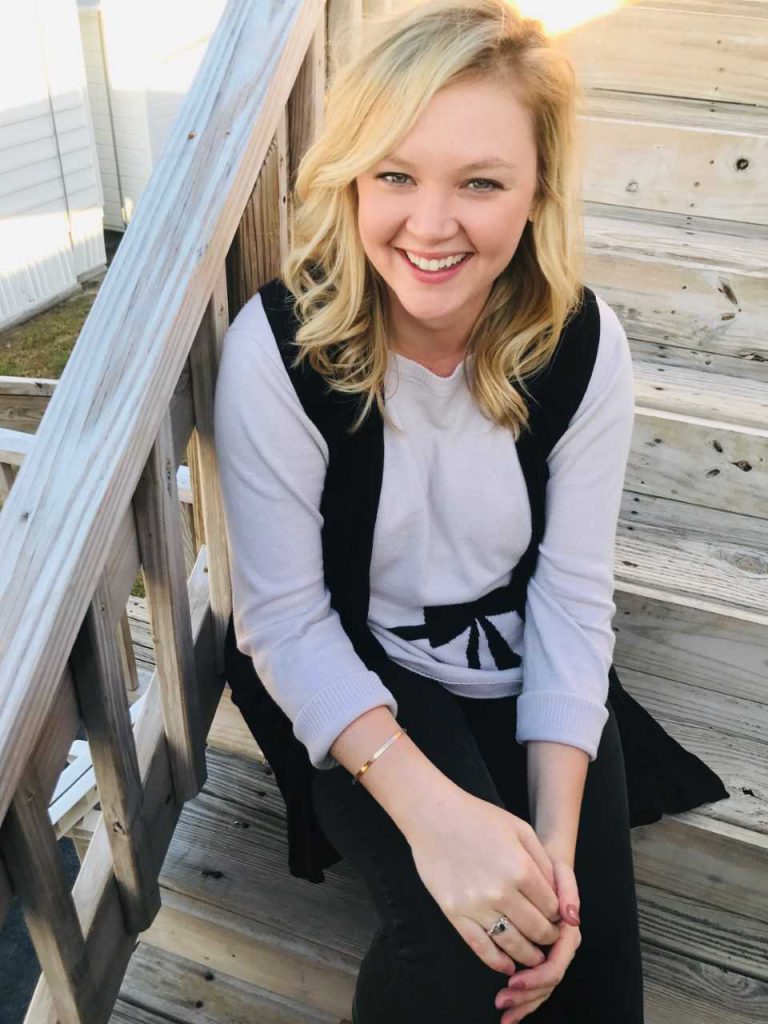By: Austyn Holleman, MSW MPH LGSW, Manager of Senior Mental Health Project
This September, Mary’s Center is commemorating Healthy Aging Month by talking about one of the biggest health concerns facing seniors today: loneliness. It may seem surprising that loneliness is a huge health concern since this is an emotional response, and not a tangible, physical health issue. However, research shows that social isolation, which creates loneliness, is as big of a public health risk as smoking cigarettes. Losing a sense of connection to a community changes a person’s perception of the world and activates our biological defense mechanisms. This in turn leads to high blood pressure, heart disease, obesity, weakened immune system, anxiety, depression, cognitive decline, Alzheimer’s disease, and death. While loneliness is an issue that affects people of all different backgrounds and ages, elderly populations are at an especially high risk of experiencing loneliness and the respective health concerns that come from being isolated from society.
Suicide is another concern associated with loneliness. Even though we often associate teenage and young adult years with suicide, adults age 65-84 are nearly twice as likely to die by suicide as 15 to 24 year olds, and after age 85, the risk for suicide increases by 70%. Men age 85 and older have the highest suicide rate of any group in the country. The risk factors for this population include undiagnosed depression/other mental health problems, substance abuse, physical illness/disability/pain, social isolation, family discord, and loss. Meanwhile, protective factors for preventing suicide in older adults include assessment and care for physical and mental health issues and increasing social connectedness.
One of my main goals as a Manager of Senior Mental Health Projects at Mary’s Center is to make sure seniors are connected to the community, have activities that keep them engaged and socializing, and feel a sense of purpose. One of the innovative ways Mary’s Center does this is through our Senior Peer Support Program, which offers in-home social support and connection for isolated seniors in the District of Columbia from peer volunteers who understand the unique joys and challenges of being an older adult. Through this program, DC seniors are able to make connections with other seniors in the city, helping both populations feel a sense of purpose and care.
“I’m able to let my emotions out with [my peer], and him with me,” said Ronnie Daniel, a Senior Peer Support Program volunteer of developing a connection with another senior as part of the program. “It’s a brotherly connection we have. I think it’s hard for men to find other men to connect with. It’s nice to have found someone I can share that with.”
Mary’s Center additionally offers other programs to help seniors deal with loneliness, including activities at our Senior Wellness Centers, which are accessible to all DC residents age 60 and older, and include nutrition and health education support, workout classes, field trips, on-site lunch, and transportation support. We also connect seniors to neighborhood-based volunteers for those who want to age in their own homes and remain connected to their neighbors in meaningful ways.
We know, however, that loneliness and suicide are not specific to just seniors. Anyone can experience these struggles and if you feel lonely or suicidal we urge you to reach out to Mary’s Center’s behavioral health team. Our licensed therapists can help you and point you in the direction of resources that can help.
Our mission states that we are here to provide quality care for the entire community. No matter your background or circumstances, we hope that you will allow us to find ways to support you.


